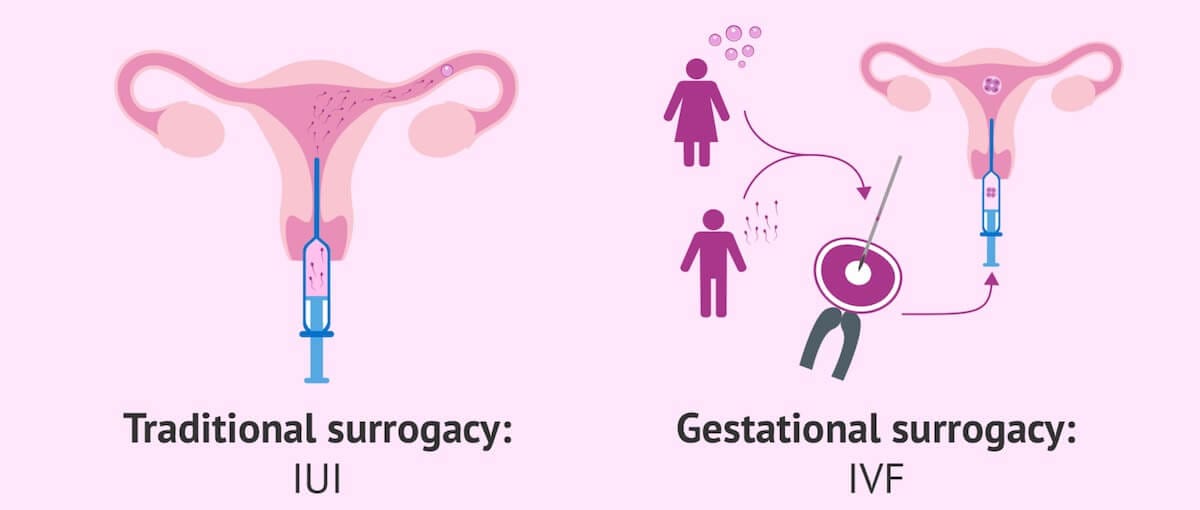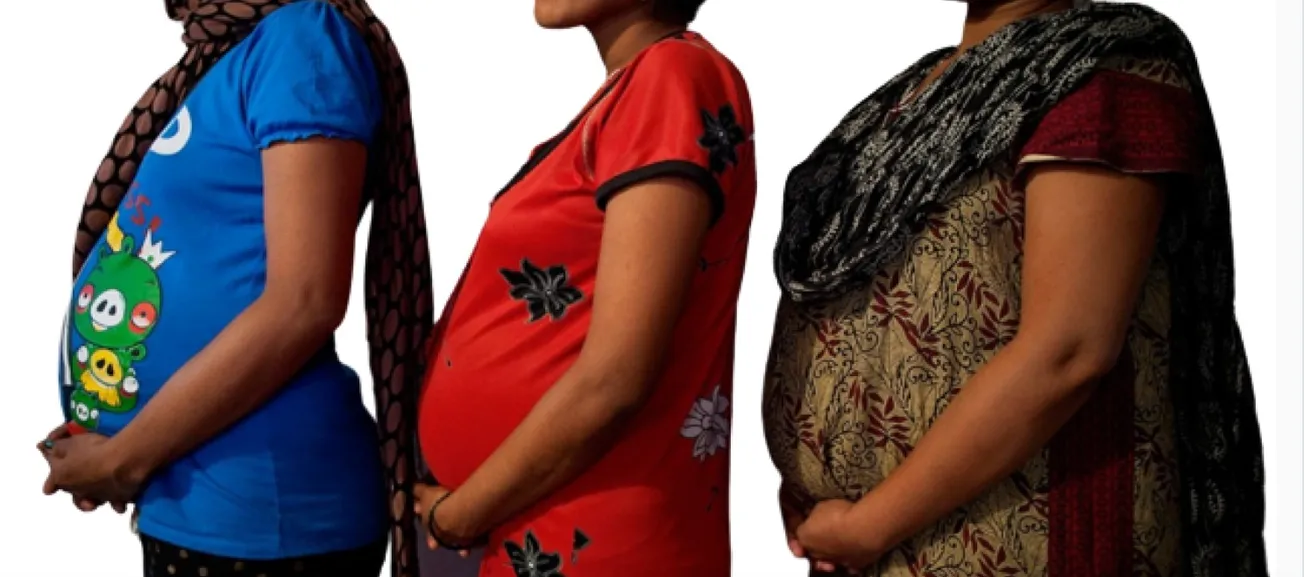Table of Contents
The Law Commission has just released its review of surrogacy laws in New Zealand – and a private members bill by Labour MP Tamati Coffey to make surrogacy easier is currently before a select committee.
To clarify, here is how The Law Commission defines Surrogacy:
Surrogacy is an arrangement where a woman (the surrogate) agrees to become pregnant, and carries and delivers a child on behalf of another person or people who intend to raise the child from birth (the intending parent(s)).
There is both Traditional Surrogacy and Gestational Surrogacy.
The main difference between gestational and traditional surrogacy is whether or not the egg belongs to the surrogate (the woman who carries and gives birth to a baby) – this also determines whether or not the baby is genetically related to the surrogate.
In traditional surrogacy, the surrogate’s eggs are used, making her the biological mother of the child she carries – the surrogate is impregnated with the sperm of the intended father or a sperm donor. In gestational surrogacy (which has many forms), the surrogate has no biological link to the baby – an embryo is fertilised in a lab, using IVF technology, and then implanted into the surrogate’s uterus.

The dilemma with surrogacy …
While completely sympathising with adults who cannot have children and understanding why some consider going to extreme lengths in order to have children (and grandchildren), surrogacy cannot be in the best interests of the child.
What is it like to be a child and know that you were ‘bought and sold’? Can the child be blamed for feeling disturbed that money was exchanged in their conception? How does the child deal with the loss and rejection from a biological mother who is labelled as the ‘gestational carrier’? What is it like to find out that your biological father donated his sperm and is known only by a number?
“Women are not easy-bake ovens and our children are not cupcakes.”
Jennifer Lahl, President of The Center for Bioethics and Culture
Children have a deep longing and a right to know who they belong to, and where they come from.
Australian commentator Miranda Devine argues that
“to have carried a baby in your womb, shared a blood supply, felt its little feet kick against your abdomen, heard its little heartbeat, sensed it growing bigger and stronger, while it changes your metabolism, and the way you sleep, breathe and eat, and then to have given birth to a living, breathing human child you have been longing to cuddle is not a trivial act. So to have it described in such clinical, remote terms is insensitive and thoughtless, to say the least. It is so much more than being ‘born through a gestational carrier’...”
Commercial surrogacy must lead to the commodification of children. There is something ethically questionable about the very notion of ‘renting a womb’.
Although largely ignored by the media, the rights of the child should remain paramount. Many children conceived via surrogacy are prevented from knowing intimate aspects of their heritage and biology.
Family First opposes surrogacy because the process leads to the commodification of children.
Read the Family First submission to the Law Commission here.






![[The Good Oil] Stuff Up of the Day](/content/images/size/w1304/format/webp/2024/09/Stuff-up-image-1.webp)

